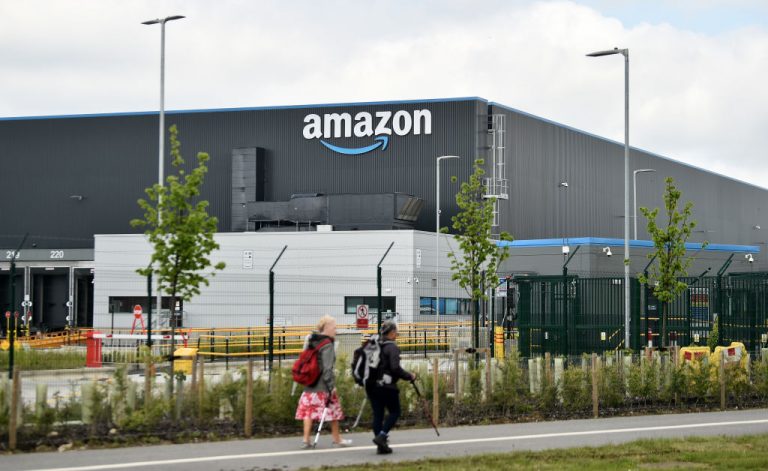Amazon and Google are being investigated by the UK-based Competition and Markets Authority (CMA) due to millions of alleged fake five-star reviews, according to a BBC news report on June 25. The CMA expressed concern that the fake reviews could be misleading and unfair to businesses trying to play by the rules.
CMA chief executive Andrea Coscelli said to BBC, “Our worry is that millions of online shoppers could be misled by reading fake reviews and then spending their money based on those recommendations. Equally, it’s simply not fair if some businesses can fake five-star reviews to give their products or services the most prominence, while law-abiding businesses lose out.”
With physical shops being forced to shut down as a result of the global pandemic, people all over the world have been forced to depend on online resellers for “non-essential” resources. The CMA launched the formal probe following a primary investigation last year into whether online sellers like Google and Amazon were doing what was necessary to protect consumers against fraud and other online malpractices.
The CMA probe also investigated whether the tech companies were doing enough with regard to detecting fake or misleading reviews and “suspicious patterns of behavior.”
Suspicious patterns included instances where the same users would review “the same range of products or businesses at similar times to each other.” There were also instances of “where the review suggests that the reviewer has received a payment or other incentive to write a positive review.”
Success
You are now signed up for our newsletter
Success
Check your email to complete sign up
The CMA has the responsibility to examine whether platforms are taking steps to clear out fake reviews on a regular basis, and to ensure that steps are being taken to deter users from posting fake reviews.
If companies are found to have broken consumer protection law, the CMA could take enforcement actions. Google and Amazon could be forced to give formal commitments to change how they deal with fake reviews, and court action could be taken “if needed.” The CMA added that they had “not reached a view on whether Amazon or Google have broken the law at this stage.”
Earlier, on June 19th, Breitbart had reported about how Amazon blamed social media companies for its failure to manage fake reviews. Social media companies allegedly failed to act on Amazon’s warnings of fake reviews being solicited on their platforms.
In a blog post, Amazon stated that it had removed around 200 million suspected fake reviews before they were seen by customers in 2020 alone. However, fake reviews continue to plague the platform.
An investigation this year by the Which? online portal exposed “Review campaigns claiming to be able to achieve ‘Amazon’s Choice’ status on products in just 10-14 days.” Furthermore, there were “702,000 product reviewers across just five businesses.”
In the blog post, Amazon stated, “In the first three months of 2020, we reported more than 300 groups to social media companies, who then took a median time of 45 days to shut down those groups from using their service to perpetrate abuse. In the first three months of 2021 we reported more than 1,000 such groups, with social media services taking a median time of five days to take them down.”
While Amazon acknowledged that social media companies have become “much faster” at responding to fake review reports, the eCommerce giant insisted that the companies must “invest adequately” to proactively detect fake reviews.
















